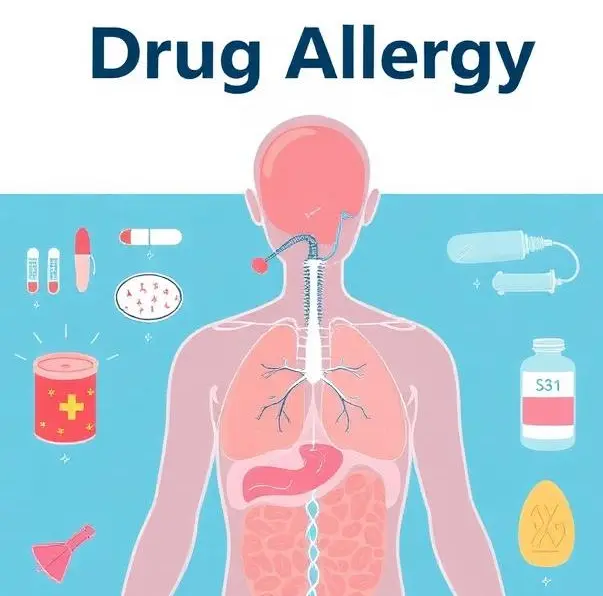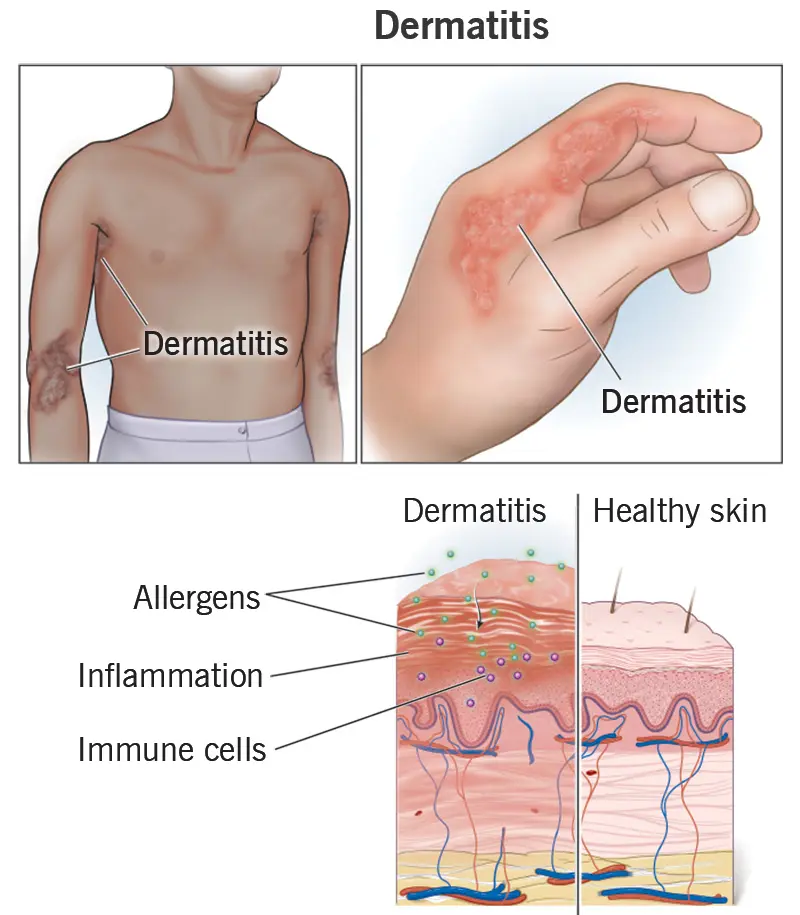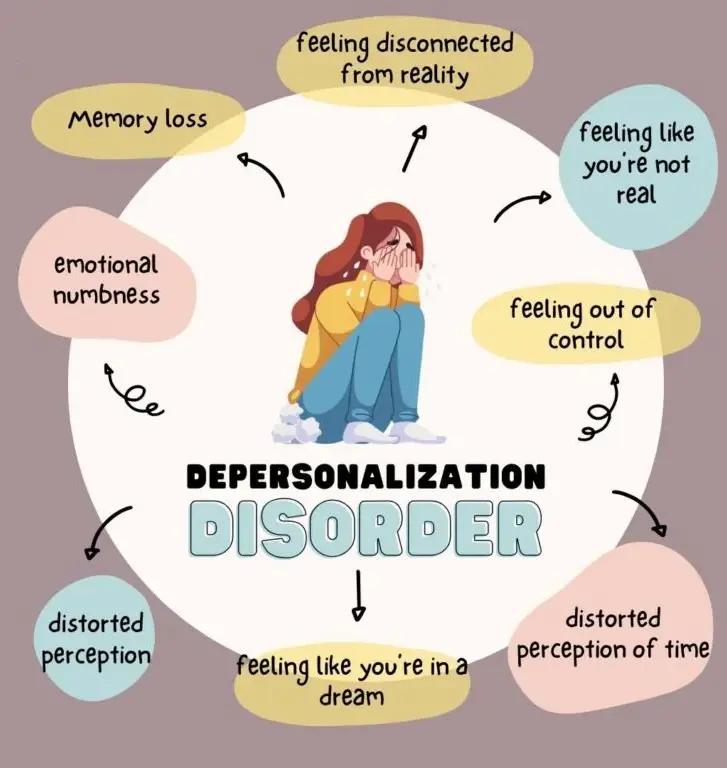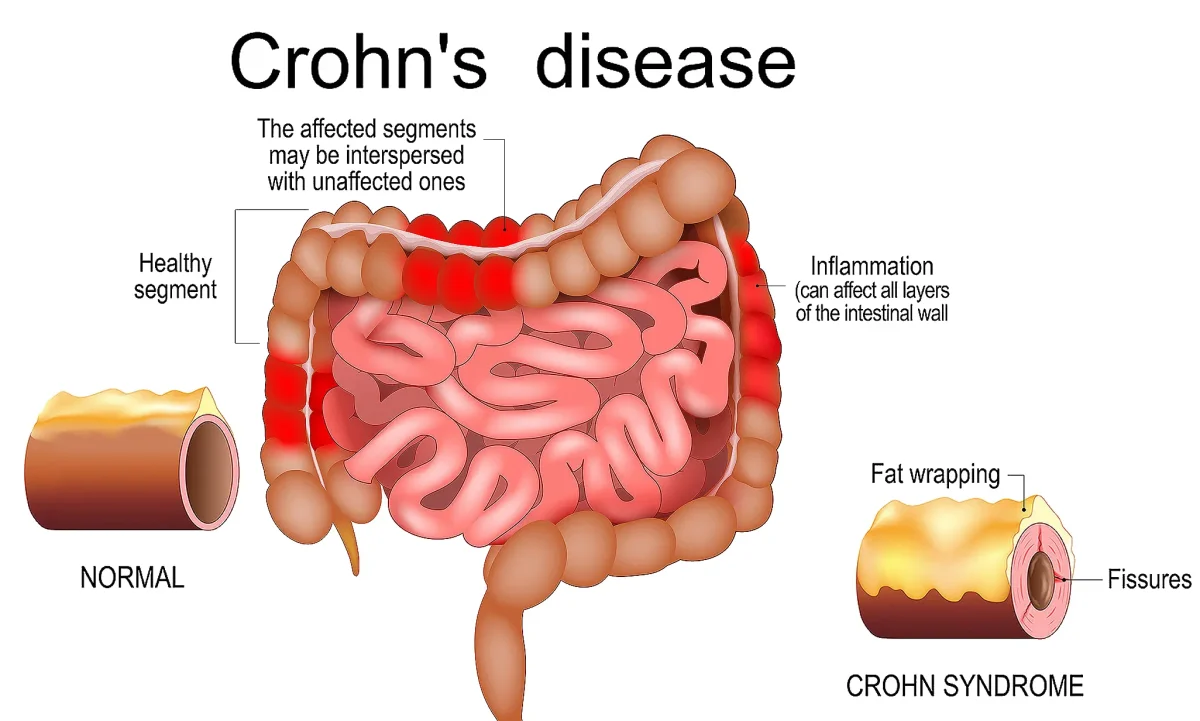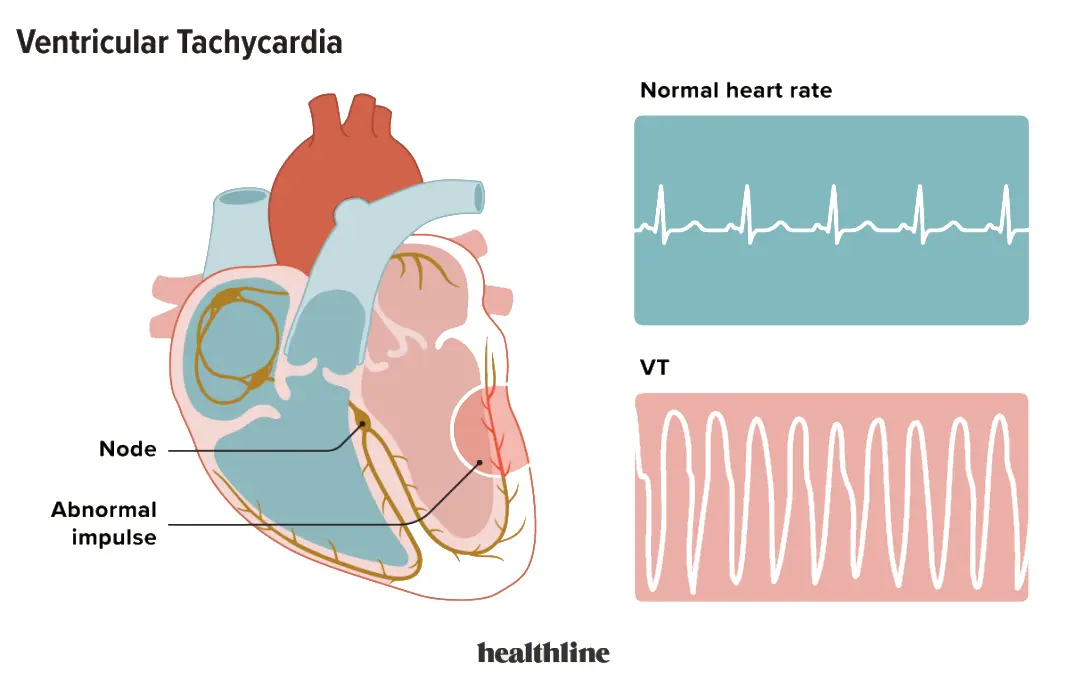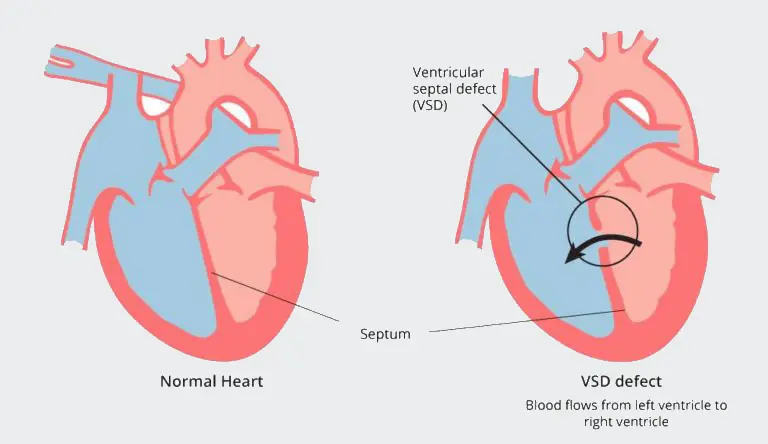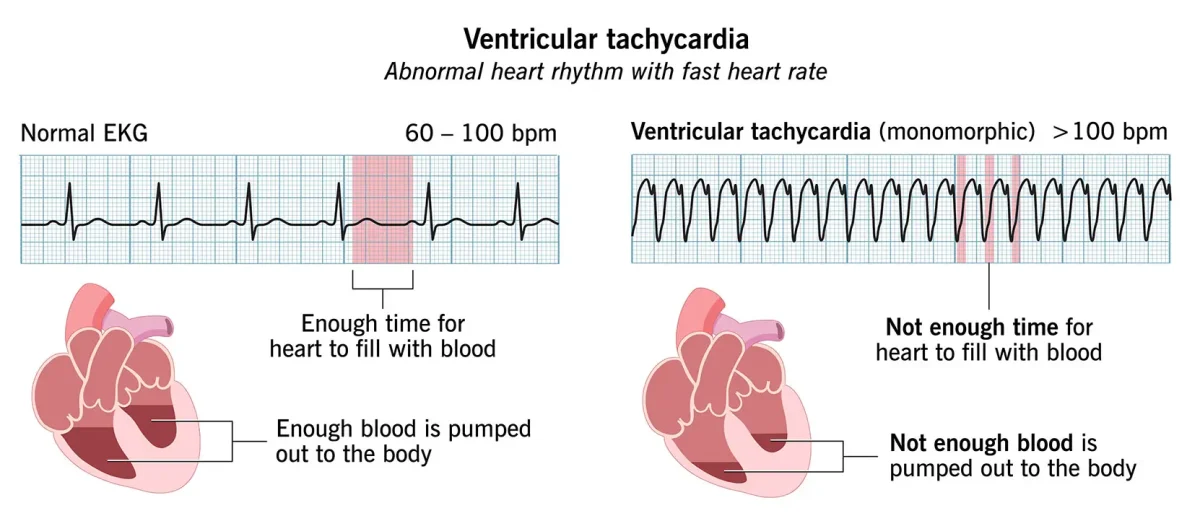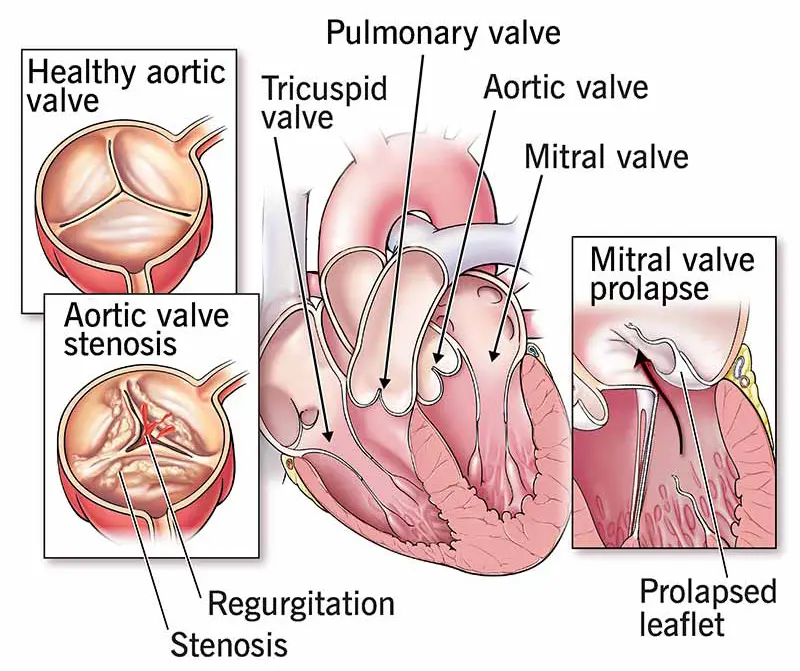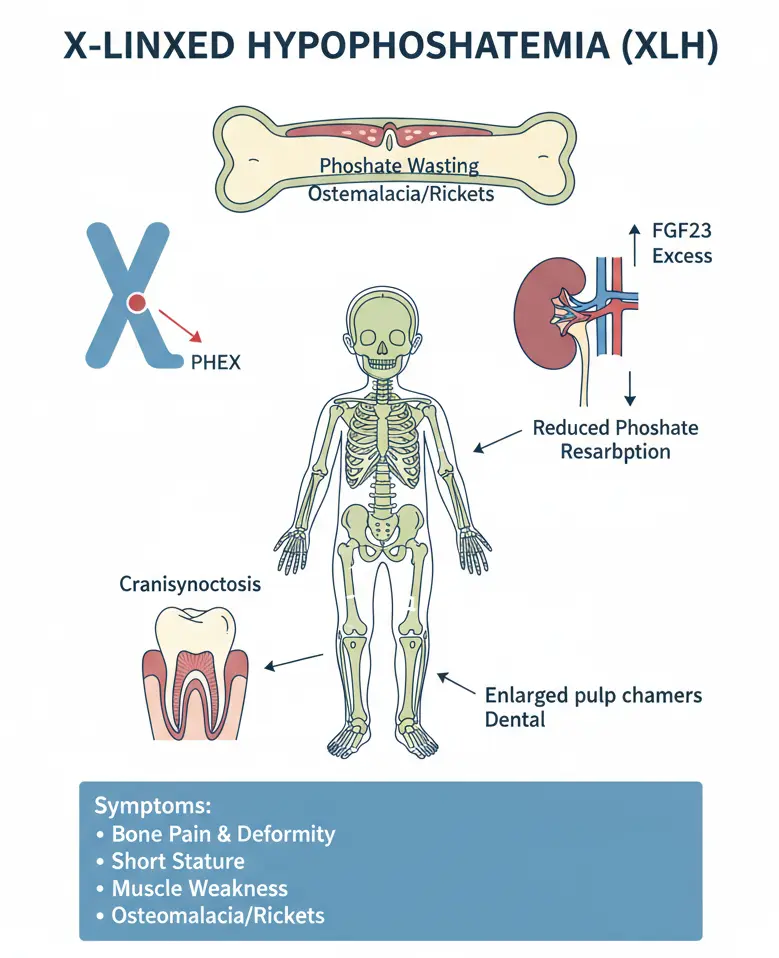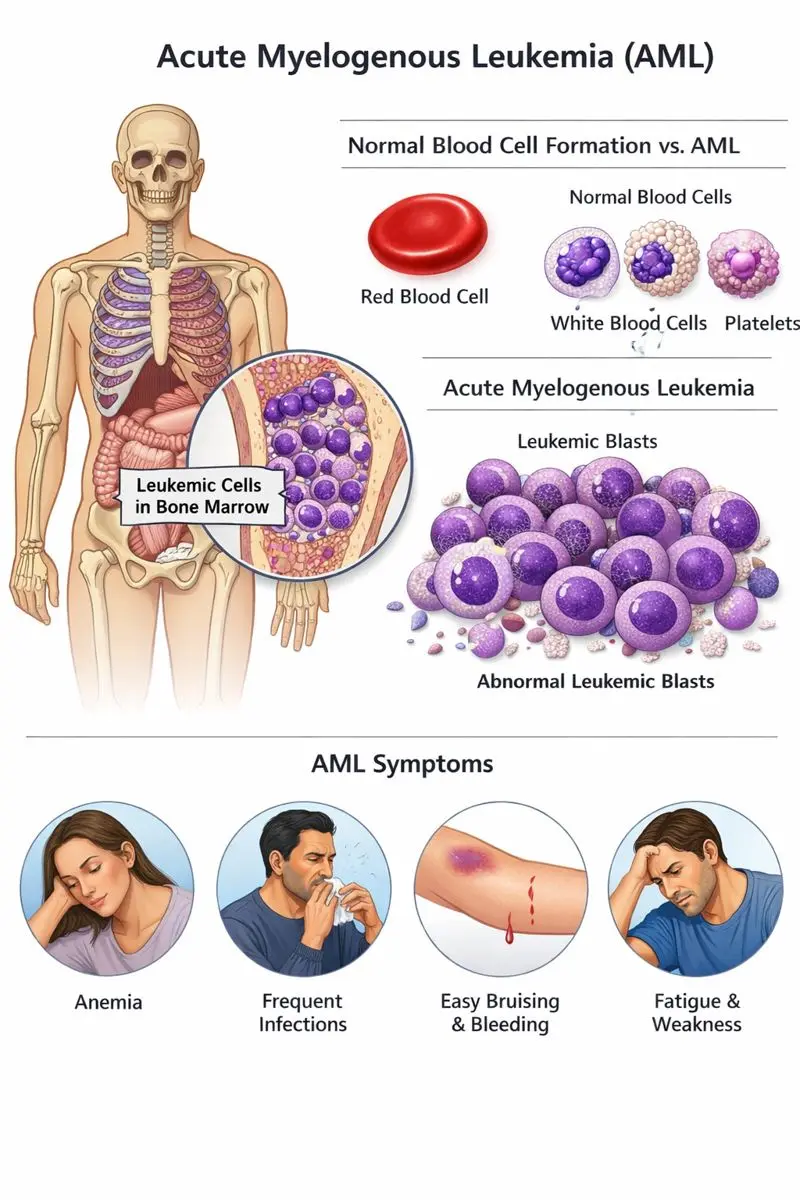Drug allergy is an abnormal immune system reaction to a medication. Unlike side effects, which are known and predictable reactions, a drug allergy occurs when the immune system mistakenly identifies a drug as harmful and triggers an allergic response. Drug allergies can range from mild skin reactions to severe, life-threatening conditions and may develop even if the medication was previously …
Dermatitis
Dermatitis is a general term used to describe inflammation of the skin that results in redness, itching, and irritation. It can affect people of all ages and may be acute or chronic in nature. Dermatitis is not contagious and can occur due to allergic reactions, irritants, genetic factors, or underlying medical conditions. Common types include atopic dermatitis, contact dermatitis, and …
Depersonalization-Derealization Disorder
Depersonalization-Derealization Disorder is a mental health condition characterized by persistent or recurrent feelings of detachment from one’s self, surroundings, or both, while reality testing remains intact. Individuals may feel as if they are observing themselves from outside their body or that the world around them is unreal, dreamlike, or distorted. Despite these experiences, people with this disorder are aware that …
Crohn’s Disease
Crohn’s disease is a chronic inflammatory bowel disease that causes long-term inflammation of the digestive tract. It can affect any part of the gastrointestinal tract, from the mouth to the anus, but most commonly involves the end of the small intestine and the beginning of the large intestine. Crohn’s disease is a lifelong condition characterized by periods of flare-ups and …
Ventricular Tachycardia
Ventricular tachycardia is a serious heart rhythm disorder in which the lower chambers of the heart, called the ventricles, beat very fast due to abnormal electrical signals. This rapid rhythm prevents the heart from pumping blood effectively, which can reduce blood flow to the brain and other vital organs. Ventricular tachycardia may last only a few seconds or persist for …
Ventricular Septal Defect (VSD)
Ventricular septal defect (VSD) is a congenital heart condition in which there is a hole in the septum that separates the heart’s two lower chambers, called the ventricles. This opening allows oxygen-rich blood from the left ventricle to mix with oxygen-poor blood in the right ventricle, increasing blood flow to the lungs. VSD is one of the most common congenital …
Ventricular Fibrillation
Ventricular fibrillation is a life-threatening heart rhythm disorder in which the lower chambers of the heart, called the ventricles, quiver rapidly and irregularly instead of pumping blood effectively. This causes an immediate loss of blood flow to the brain and vital organs, leading to sudden cardiac arrest. Ventricular fibrillation is a medical emergency that requires immediate treatment. Without prompt intervention, …
Heart Valve Disease
Heart valve disease occurs when one or more of the heart’s valves do not open or close properly, affecting normal blood flow through the heart. Valves may become narrowed, leaky, or fail to close completely, forcing the heart to work harder to pump blood. The condition can be present at birth or develop over time due to aging, infections, or …
XLH (X-Linked Hypophosphatemia)
X-Linked Hypophosphatemia, commonly known as XLH, is a rare inherited disorder that affects bone and tooth development. It is caused by abnormal regulation of phosphate in the body, leading to chronically low levels of phosphate in the blood. Phosphate is essential for strong bones and teeth, and long-term deficiency results in impaired bone mineralization. XLH is usually diagnosed in childhood, …
Acute Myelogenous Leukemia
Acute myelogenous leukemia is a cancer of the blood and bone marrow. Bone marrow is the soft, spongy tissue inside bones where blood cells are produced. In this condition, the bone marrow makes abnormal cells that do not mature properly and interfere with the production of healthy blood cells. The term acute means the disease tends to progress quickly. Myelogenous …
